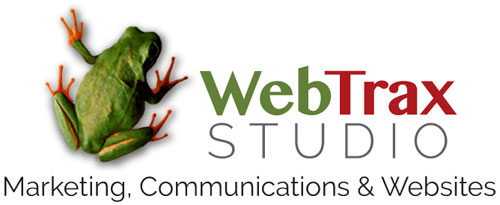Facebook, as we have pointed out before here at WebTrax News & Resources, is constantly changing itself on us. So much so that it can often seem frivolous. Sometimes it is. Other times, from the point of view of a small business or group looking to boost its presence, these changes can present us with an opportunity to think creatively about itself. So it is with Facebook's "reaction buttons."
Previously Facebook only allowed viewers to react by "liking" or leaving a comment. Now, as those who spend any time on the social media platform will know, it offers the option to not just "like" something but to "love" it (the heart icon), express laughter, sadness, shock, even anger. It may seem silly or trivial at first. But as with much else on social media, the peculiar can also be functional.
Ultimately, nothing substitutes for real feedback. Certainly no emoticon or button can fill in for that. But this new way of communicating on social media may provide a supplement for the more substantive.
Think of it this way: what happens if you have some other strong reaction to a post? A not-infrequently typed comment is "I wish I could like this more than once." What then? What if the viewer doesn't have time or want to put in the effort to type a comment but may be thinking something you'd want to hear? What if for every person who "liked" your post, another three disliked it and didn't bother to express it? Would you go forward with the same plans if you knew the dislike of others in your target audience?
In marketing, every detail matters, and there are already studies and strategies being assembled attempting to determine what can be gleaned from a different reaction on social media, small though it may be. This is precisely why some marketing blogs are already starting to pay attention to the ramifications of this new feature.
There is another even more basic way that the reactions may help your organization or business. Facebook recognizes every interaction the same way it previously recognized "likes." Since the platform's algorithm ranks content according to reaction regardless of its nature, someone who doesn't per se "like" your content is nonetheless helping it reach a wider audience.
Again, Facebook is always changing, so it's not out of the question that they may start introducing a new way to rank posts based on precisely what kind of reactions they get. For now, however, it would seem that the old adage "no publicity is bad publicity" holds true. That means there is room for experimentation with your group's online presence, and a chance to reach a wider audience.

